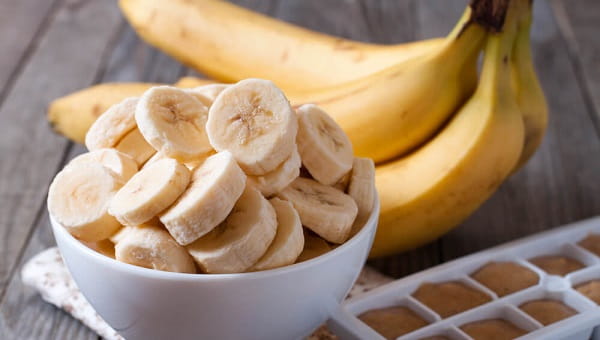Six months is about the time most babies are introduced to the exciting world of solid food. While you want to encourage an adventurous eater, there are a few things to consider when introducing new foods.
Allergies
The American Academy of Pediatrics no longer recommends waiting until later to introduce foods that could be allergens. Just in case, introduce only one new food at a time, and wait a couple of days before introducing the next food. That way, if your baby does have an allergic reaction, you’ll know which food caused it. The one tasty treat that’s still a no-no until baby’s 1st birthday is honey, as it may contain a toxin called botulism that can make small babies sick.
Choking
At this age, babies will mostly be eating cereals and pureed foods out of spoons. When your baby is able to grab food items and bring them to his mouth, then finger foods can be delightful additions to the menu. Make sure any finger foods are very soft and served in very small bites to prevent choking.
Good first foods include:
- Ripe banana and avocado, mashed or in small pieces
- Fruits or vegetables cooked until very soft and cut into small pieces
- Scrambled eggs
- Finely chopped or pureed chicken or meat
- Soft, cooked fish, except those high in mercury like swordfish, mackerel and albacore tuna
Foods to avoid due to choking hazards include:
- Most uncooked fruits
- Sticky foods like dried fruits or gummies
- Grapes or other round food items, unless cut at least into quarters
- Hot dogs, unless sliced and then cut into quarters
- Nuts or peanuts
- Peanut butter, unless blended into a puree (its stickiness can cause choking)
- Crunchy foods like popcorn and pretzels
- Candy and gum
- Melted cheese - as it cools, its soft, stringy texture can be a choking hazard
The best rule of thumb is, when in doubt, talk to your child’s pediatrician for a list of recommended foods and foods to avoid.




